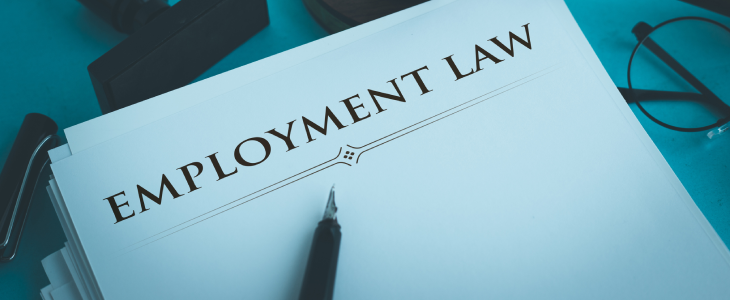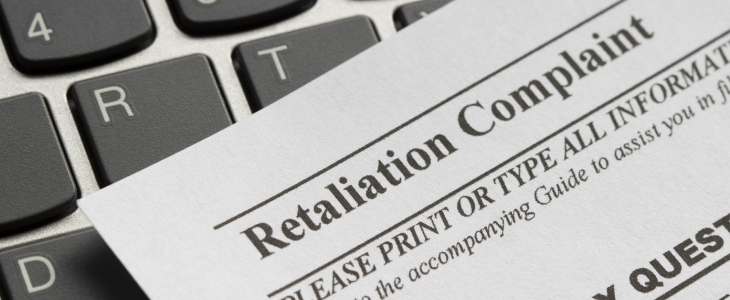
Why Should I Hire an Attorney for Guidance on Compliance with Employment Laws?
Complying with employment laws can be challenging for any business. With regulations constantly changing and compliance costs a pressing concern, having informed guidance is essential. Let’s look at why working with an experienced employment lawyer is a wise choice.
Protect Your Business from Legal Risks
Age Discrimination Continues to Flourish But There’s Reason for Optimism
Recent college graduate; new graduate; one-to-two years work experience; within 18 months of a graduate school program. Aerospace giant Raytheon’s job postings listed qualifications like these. A class action lawsuit filed in June in federal court in Boston claims those job postings violate federal and Massachusetts age discrimination laws.

What is a Personnel File and Why Should You Care?
“Personnel file” may conjure up the image of a manilla folder in a dusty file cabinet, or a seldom accessed digital file, where an application form, some tax withholding authorizations and benefit designations molder away. In some organizations, this may well still be considered “the personnel file,” but it is almost certainly...

What Are Your Rights if You Face Racial Discrimination at Work?
Racial discrimination in the workplace happens when an employee is treated unfairly because of their race or ethnicity. It can appear in hiring, promotions, pay, or even how someone is treated at work. Unfortunately, this kind of discrimination is illegal, but it still happens in workplaces in Connecticut and around the country..

How to Address Equal Pay and Compensation Issues at Work
In today's workplace, achieving equal pay and fair compensation remains crucial, especially for women and other protected employees in Connecticut. Despite legal protections, many still face disparities impacting their financial stability and career growth.
It is essential to be aware of these issues and take proactive steps to address...

Why You Should Hire an Attorney for Employment Contract Negotiation
Navigating employment contracts can be daunting, with numerous terms and conditions that can impact your career. Whether you're starting a new job or renegotiating your current position, understanding these details is crucial. Hiring an attorney to negotiate your employment contract ensures you fully comprehend the agreement and safeguards your rights. In this...
Update to Federal Trade Commission’s Rule Regarding NonCompetition Agreements
In its last mailer, Mitchell, Sheahan & Slippen, P.C. discussed the then-pending Federal Trade Commission’s (“FTC”) rule. This rule, which was set to take effect on September 4th, aimed to restrict most noncompetition agreements. However, the United States District Court for the Northern District of Texas has since issued a summary...

What To Do if You Face Retaliation at Work
Retaliation at work can be stressful and confusing. Whether it's unfair treatment after reporting an issue or other adverse actions, knowing your rights is crucial. This blog will guide you through recognizing retaliation, the steps you can take, and the protections available. Don't let retaliation go unchallenged—read on to learn more!

Employers Need to Prepare for the Federal Trade Commission’s NonCompetition Agreement Ban
In most of the United States, the default rule for employment is at-will employment, meaning that employees can accept or leave jobs as they choose, and employers can fire and hire whomever they want at their discretion. However, this default rule is subject to exceptions and modifications. For instance, unions often negotiate...

Key Elements of a Fair Employee Severance Agreement
Severance agreements are crucial for a smooth transition when an employee leaves a company. They provide clarity, protect both parties and ensure a fair deal for everyone involved. Whether you're an employer crafting an agreement or an employee reviewing one, understanding the key elements of a fair severance agreement is essential.